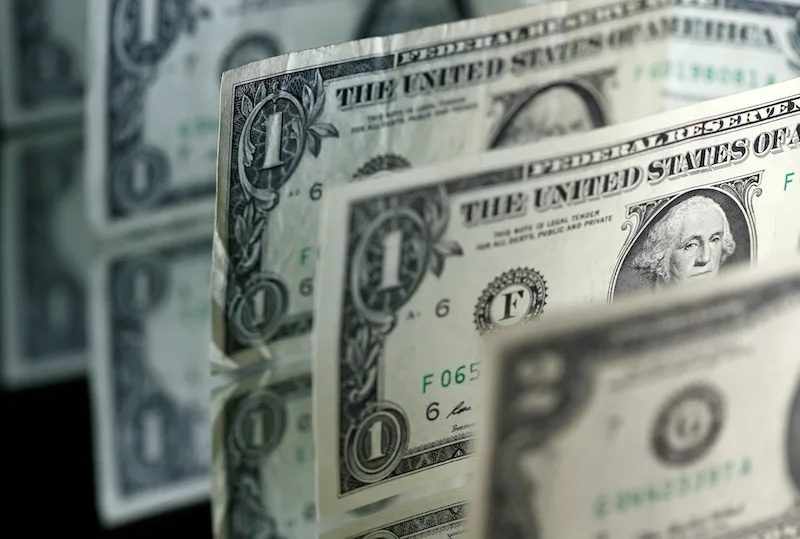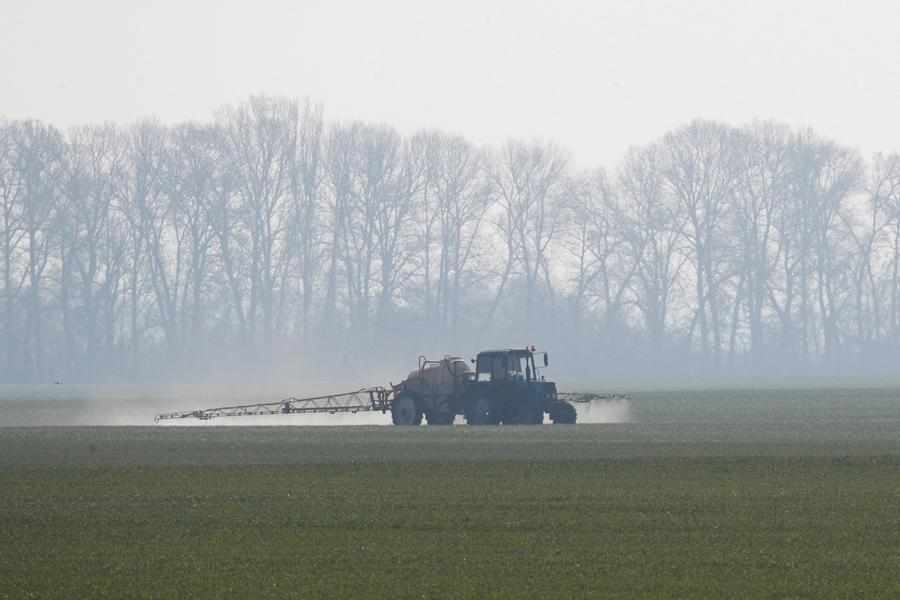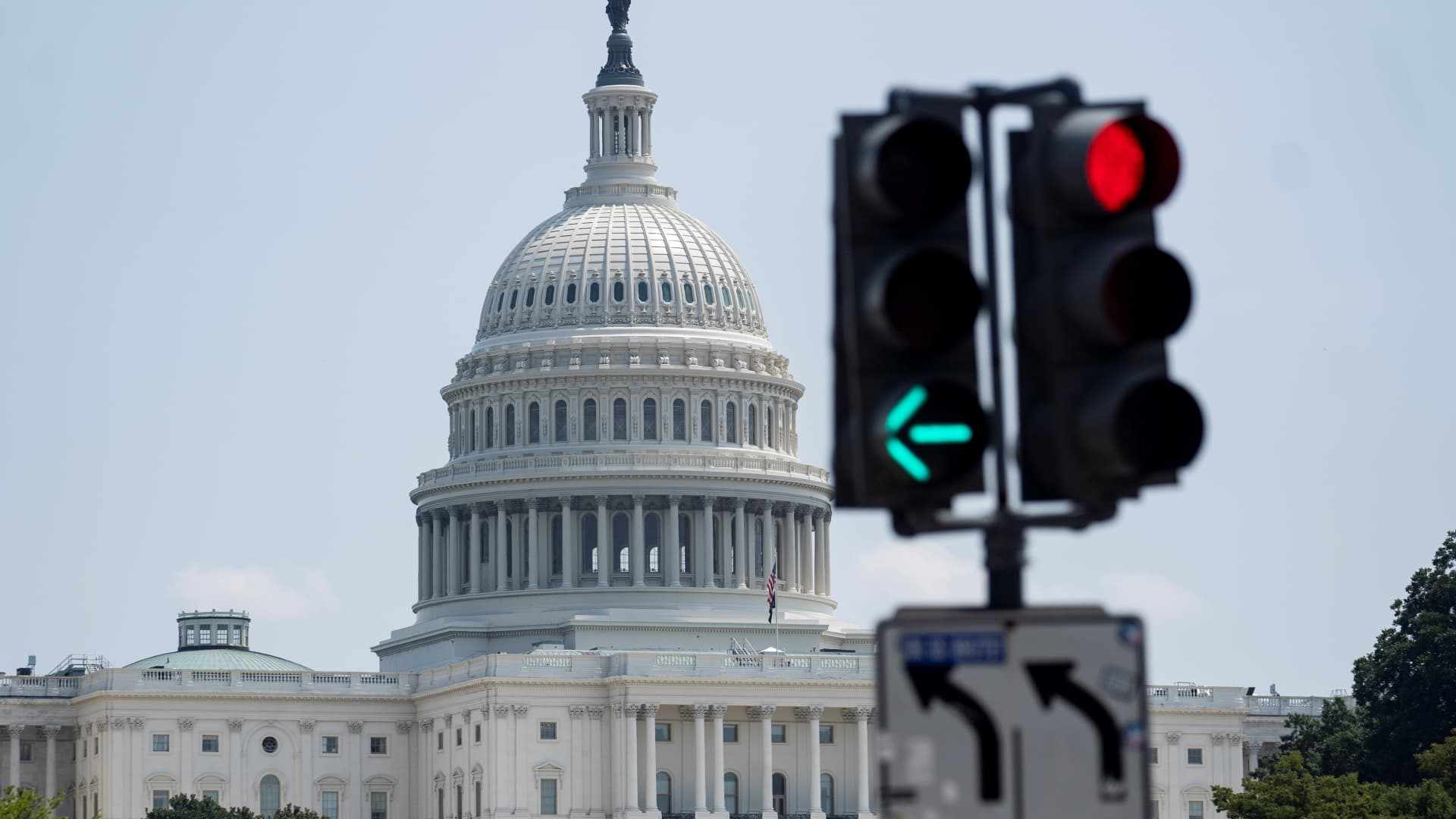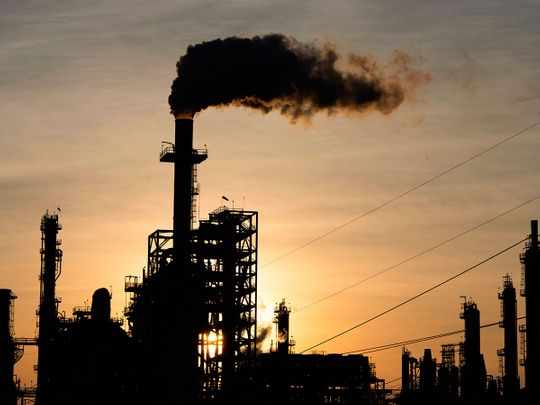Islamic Finance faces the same constraints but new opportunities in 2022-2023, says report
- Date: 06-Jun-2022
- Source: Zawya
- Sector:Financial Markets
- Country:Gulf
Islamic Finance faces the same constraints but new opportunities in 2022-2023, says report
S&P Global Ratings believes the global Islamic finance industry is still held back by structural constraints but there are also new opportunities for growth, according to a new report.
"This year, we think higher commodities prices will underpin a stronger recovery in many core Islamic finance markets. Moreover, most of these countries are relatively resilient to macroeconomic shocks resulting from the Russia-Ukraine conflict. This will support the industry's prospects for 2022-2023 but global headwinds could change the picture, " said S&P Global Ratings head of Islamic finance Mohamed Damak.
The Islamic finance industry is still held back by structural weaknesses, namely the complexity inherent to transactions and the correlation of performance with oil prices given concentration in commodities-exporting countries. What's more, the clear preference of some Sharia scholars for a higher proportion of profit and loss sharing in sukuk is posing certain legal challenges.
However, we see opportunities in the alignment of certain Islamic financial products and environmental, social, and governance factors and recent strides in digitalization. We expect to see a higher volume of green and sustainability sukuk (from a low base) as issuers look to broaden the investor base and include funds aligned with sustainability themes. Moreover, digital sukuk could generate























